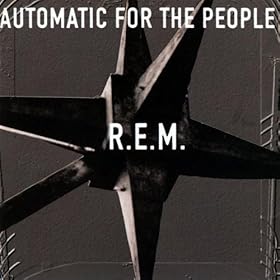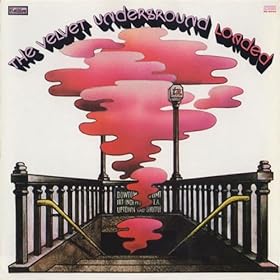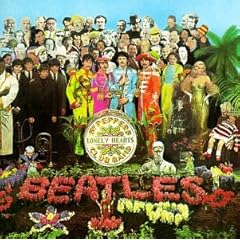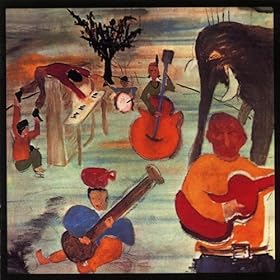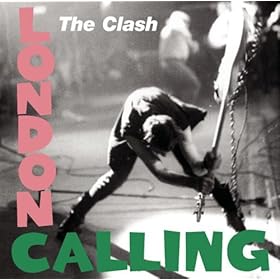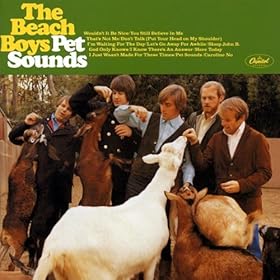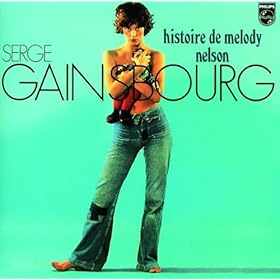...and your first question is, no music discussion? I say, read my very very first entry, not everything is about music. I'm actually quite surprised that it took me this long to write a non-music topic. BUT I found a discussion of "greatest game of all time" as an entry on the
Relevant website ("Question of the Day" a little while back) and I was astounded by the amount of, well, terrible responses. Gaming has always been my little secret hobby (not too secret, I suppose). I play a lot of
Call of Duty: Modern Warfare (NO, I HAVE NOT GOTTEN
MODERN WARFARE 2 YET, THANKS FOR ASKING >;( ). A whole lot. Back to the main point though, I sincerely love
the Legend of Zelda: Ocarina of Time as much (actually, probably more) as/than the next person. It is, in fact, my second favorite game of all time. But it still stands miles and miles under this masterwork:
 Resident Evil 4
Resident Evil 4 is quite simply the greatest game of all time. No questions asked. Don't even worry about it. But to indulge you:
Perhaps in the context of the
Resident Evil franchise, the fourth installment completely changed the game. The problem was that with the third installment,
Nemesis, the side-shoot
Code: Veronica, and the prequel
ø, the franchise was beginning to stagnate. The pace of play was way too slow. The gameplay really dictated that. The puzzles were sometimes frustrating. I mean, you're getting chased by zombies, and it seems strange that you need "Ruby Jewel" to stick into a statue to proceed. But that is not meant to denigrate the previous entries, as they were all fantastic in their own right. Those problems weren't only a part of the
Resident Evil problem, they were a part of the problem for the survival horror genre (see:
Silent Hill series).
But something had to change, and change it did. Gone were the tank controls (and if you've played with them, oh, dear, how terrible), replaced with much more capabilities for smoother interactions with the environment and your bad guys. The puzzles? Not really there anymore. Sometimes you find some keys and pieces, but it's always a straightforward application rather than a long moment to ponder where "obscure piece A" is supposed to go. What happened? The gameplay was sped up. Enemies moved faster. You moved faster. It changed survival horror for the best (or for the worst, depending on your feelings for the genre).
The point is, the gameplay is intense and visceral. There are the small spaces where you freak out because a zombie guy (though in this particular
Resident Evil entry, "zombie" is certainly a stretch on the normal term) has caught you in a corner. Or maybe because a crazy potato-sacked head man with a chainsaw is out to get your butt. Or maybe because you face severely long odds.
Resident Evil 4 is essentially an action game. Everything is flawless.
There were several revolutionary points in the game, some meant for the franchise, the genre, but some even for gaming on the whole. For the franchise and genre, it meant the death of the slow pace of play. Given the clime (hello,
Halo!), a slow pace of play wasn't really suitable. The controls were updated to suit the genre and franchise while still retaining the elements that made survival horror, well, survival horror. Small, enclosed areas, dark rooms, lots of zombies, insane plotlines, all those were still there. You were just walking the path perhaps a little quicker than imagined. But the game itself is so rich that even the fastest players still take 15 hours to complete it (I've played this game enough to be counted in that category).
On the "global" level, though,
Resident Evil 4 introduced the "QTE," or "quick time event," into the game designer's arsenal. The essence is that any action can yield a QTE, wherein you get a cue for an event, and the player must quickly respond and press a button to continue on. This ranged from a cue to suplex a zombie and smash his face off, to surviving cinematic sequences (that was the real clincher). The cinematic sequences with QTEs really expanded the game atmosphere. It's sort of difficult to make the game interactive when your camera is normally stuck behind the character but the whole point of an event is to run away from a boulder coming from behind. So you flip the camera, make it a QTE, make the player frantically mash buttons to survive. Your problem of an entirely uninteractive scenario quickly became something not only interactive, but also engrossing and actually quite freaky.
The key here is that you involve your gamers in the cinematic sequences. In the majority of games, cue cinematic sequence, and boom! you lose your gamer, because a good percentage of players just want to play the game. They frankly don't care if some peripheral character dies, it's no big deal. "Just give me the controls and I'll just kill them all," they'll say. Well, the QTEs correct this problem. Quick-time events force the player to pay attention throughout the cutscene, because if they don't, the player won't get a chance to revenge because guess what, they lost their head too. So it forces players to keep their wits about them, gets the player invested in the storyline and keeps them involved (your ultimate goal as a game designer, anyways). There's a particular cinematic sequence in
Resident Evil 4 that is absolutely flawless in design with regards to QTEs, and you will know it when you get there, so I won't spoil it.
By no means was this game shabby in the graphics department. It was cutting edge for the time, and cutting edge for the Gamecube. I'm not the kind of gamer who particularly cares really for graphics unless it drastically affects gameplay (and it usually doesn't), so I won't discuss this too much, but it's really the details that count here too. From the little textures to the nice touches to your gruesome deaths (oh, trust me, they happen to everyone when it comes to
Resident Evil 4), graphics were still given a lot of consideration.
And for the record, despite all these changes to the franchise,
4 is still unmistakably a
Resident Evil game. For one, it still is involved in the same universe, but the same sort of goofy plot (and the dialogue, for those fans of the terribly cheesy
Resident Evil dialogue) is still there. Let's face it, the whole "zombie" phenomena is unlikely in and of itself, so there's no point in reducing the problem to be something as realistic as possible. So people are injecting themselves with viruses, mutating into crazy stuff. It makes the bossfights larger-than-life, downright gross (the point), and when necessary, downright scary. To reduce the whole point of "zombies" into something realistic would have been terrible, and wisely, Capcom avoided that problem here. The problem seems just plausible enough for you to be involved, but it's so fantastical and outrageous that the game becomes fun, in a sense, because you're transported to some wacky world (also a goal of game design). So, a win there.
The problem with the game might just have been the distribution. It was Gamecube only before it got ported because they realized it was good enough to make boatloads of money (because it was
that good). And even then it was just PC and PS2. It was around this time when everyone was getting on the XBox trend, and so few to no players in America, at least, played it. There were very few reasons to pick up a Gamecube, not only because of its "family"-oriented mindset, but because there just wasn't a great selection of games (
Super Smash Bros. Melee,
The Legend of Zelda: The Wind Waker come to mind as the two most worthy titles on the 'cube at the time). But for those who got to it (me, although supremely late and first on the
Wii edition of the game) in some way, shape or form, can acknowledge this masterwork.
Now, there's always different strokes for different folks, but for those informed, this is typically a consensus top-20 of all time pick. For me, I definitely consider it the best game of all time. From the moment I started playing, I was transported into a different world. Gripping, intense, with utterly visceral, intuitive, and engaging gameplay,
Resident Evil 4, in my humble opinion (as primarily a man of music), should really be crowned as the best video game of all time.
